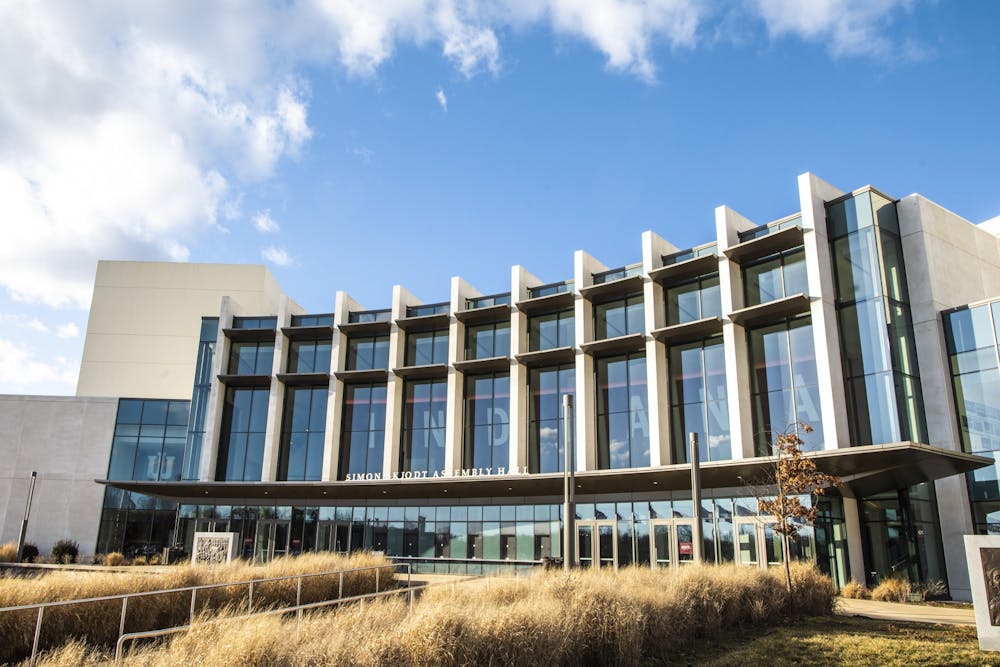Gabriel Bosslet, a professor at the IU School of Medicine, said the decision to host live audiences for the NCAA tournament might be dangerous, even at a limited capacity.
The NCAA tournament will begin on March 18, entirely in the state of Indiana. Live audiences will be allowed to fill up to 25 percent capacity of the stadiums, except for Assembly Hall, which will only allow 500 audience members consisting of immediate family, Monroe County COVID-19 first responders and vaccinated health personnel.
Bosslet says if the tournament was held later we could infer it’s safety because of a downward trend in cases and widespread vaccinations, but right now it is less certain. He is worried about new variants of COVID-19 spreading because of the tournament.
“If they were going to hold the NCAA in June, in Indiana, I think we would know what was going to happen,” Bosslet said. “The problem is right now, there's just so much uncertainty and I just don't want to get back to where we were in December.”
Assembly Hall, Mackey Arena in West Lafayette, and four Indianapolis locations including Bankers Life Fieldhouse, Hinkle Fieldhouse, Indiana Farmers Coliseum and Lucas Oil Stadium will help host the tournament, according to the NCAA.
The NCAA has put COVID-19 protocols in place for audience members. Face coverings and social distancing will be required for the audience. The NCAA will also work with local county officials to ensure safety when the tournament takes place by frequently testing and contact tracing team members and staff who are involved.
Shandy Dearth, the director of undergraduate epidemiology education at Richard M. Fairbanks School of Public Health, says she thinks the NCAA is taking appropriate safety measures and is confident in their precautions.
Dearth is also a part of the COVID-19 contact-tracing team for the Marion County Health Department, which she said the NCAA is working closely with. She said they are ready and have structured testing plans in place because the NCAA medical team has learned from watching other large sporting events, like the NBA bubble, deal with the pandemic successfully, Dearth said.
Dearth said she is much more concerned about students not getting the COVID-19 vaccine than anything the NCAA is doing for the tournament.
“I'm worried about some of the surveys showing how few students have said that they would take a vaccine when eligible,” Dearth said. “I really encourage people to consider taking the vaccine, not just for themselves, but for everyone else around them.”
While IU experts working with the NCAA are confident that the NCAA tournament will be safe, there are differing opinions among other faculty members.
Bosslet said he is particularly concerned about what happens outside of stadiums while the tournament is going on. He said he thinks students will want to socialize and go out when tournament games are happening, which could lead to new outbreaks.
“I mean, think about it, all the bars down in Bloomington, all the bars in town, they're going to be packed, they're going to be as full as they're allowed to be,” Bosslet said. “If the virus is spreading, it's inevitably going to spread in those places.”
Correction: A previous version of this story incorrectly stated the number of audience members allowed in Assembly Hall.




